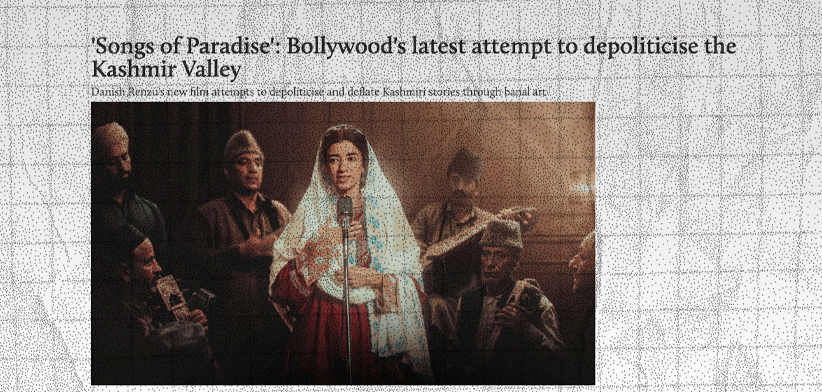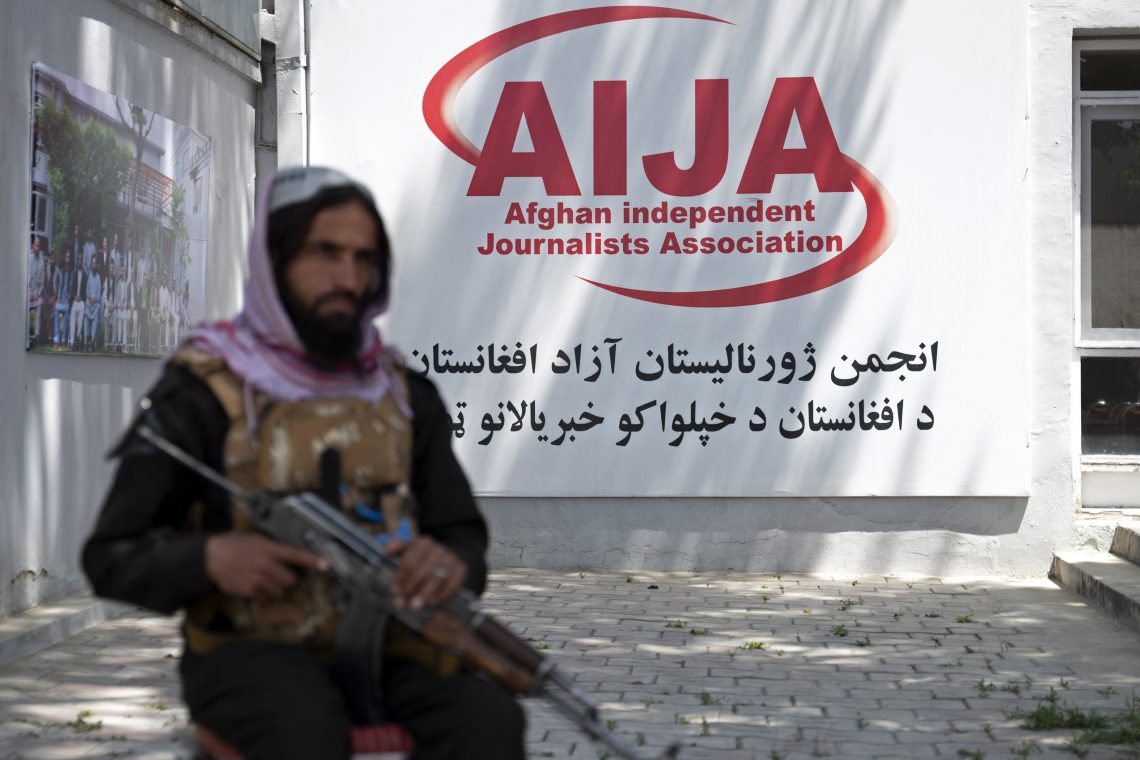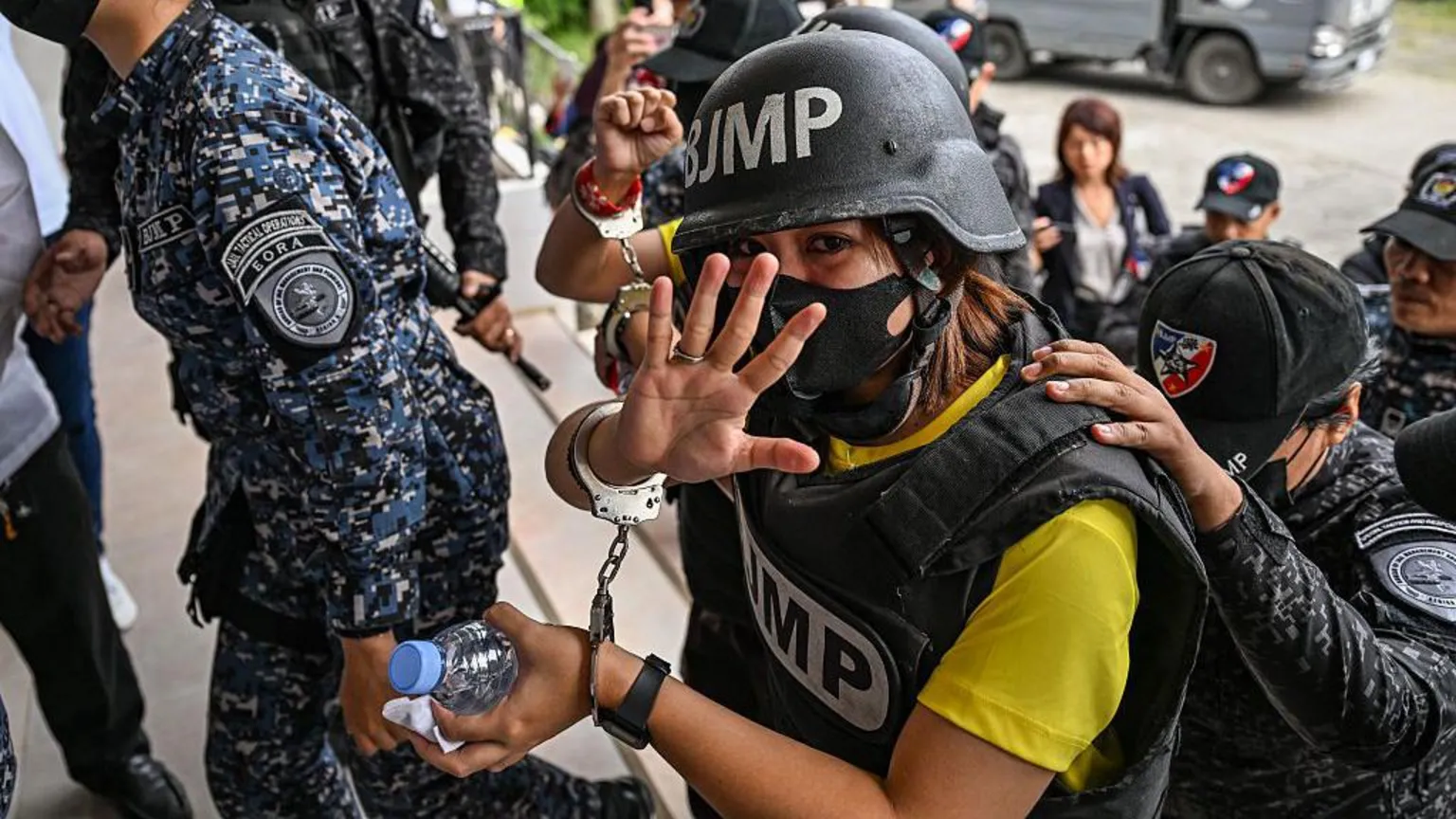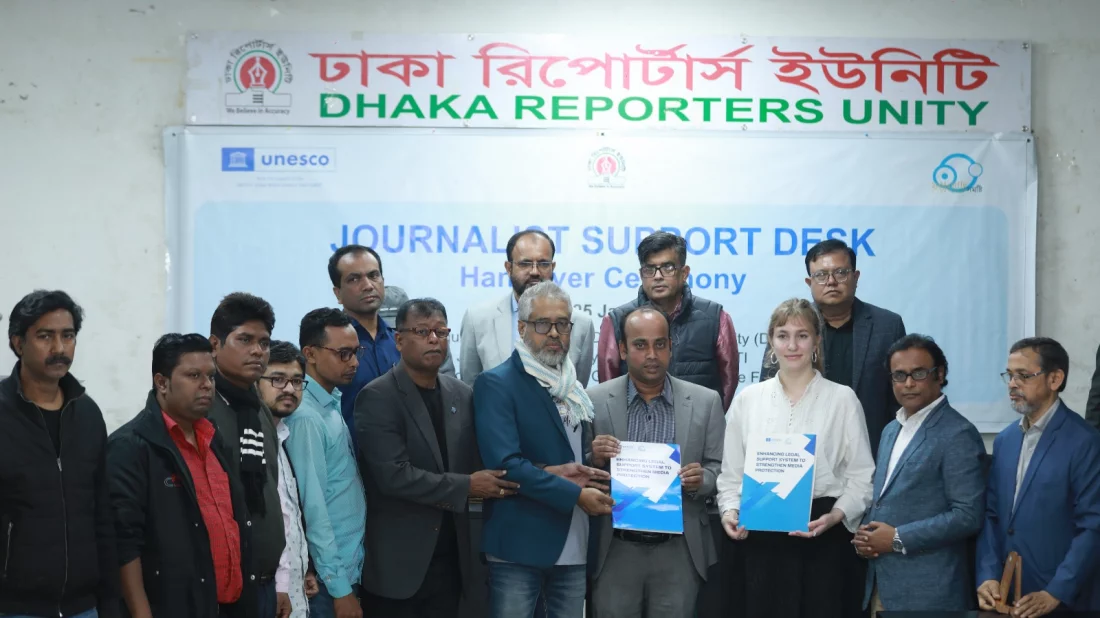
Bangladeshi Journalist Brutally Killed in Bagerhat, Two Suspects Arrested
October 7, 2025
Bangladeshi Activist Seized at Sea, Calls for Unyielding Solidarity with Palestine
October 8, 2025October 08, 2025 – India –
A coordinated cyberbullying campaign has been launched against Gafira Qadir, a Kashmiri freelance journalist, following her film review that criticized how Songs of Paradise downplayed the political realities of Kashmir. Reporters Without Borders (RSF) condemned the attacks as an orchestrated attempt to silence dissenting voices in the region.
After her review was published on 15 September, Qadir experienced a deluge of online abuse. Within three days, RSF documented at least 125 posts on platform X, peaking at 58 in a single day. The attacks included personal insults, accusations of terrorism, and efforts to damage her professional credibility. Many posts were traced to troll networks and accounts previously identified for spreading disinformation or hate speech.
Some of the accounts were suspected of being automated or semi-automated accounts with generic profiles posting in rapid succession. Additionally, a new account known as Lobby Watch joined the offensive, promoting content also shared by duplicate accounts created in August 2025, suggesting a coordinated amplification effort.
Qadir, who has reported on human rights and Kashmir for over six years, told RSF she “woke up to an army of trolls.” Her X (formerly Twitter) profile was flooded with messages from Hindutva-aligned accounts, and an article on OpIndia further attempted to discredit her, labeling her a propagandist with a “toxic mentality.”
RSF’s Asia desk has urged Indian authorities to identify and prosecute those behind the harassment—regardless of whether they act openly or via anonymous platforms. They also called on social media companies to strengthen moderation and prevent sustained targeting of journalists. “Press freedom in India cannot be left at the mercy of troll networks,” said RSF.
The case highlights a broader pattern in India where journalists, especially women and those from minority regions, are disproportionately vulnerable to online harassment campaigns tied to political or religious ideologies.
Reference –




